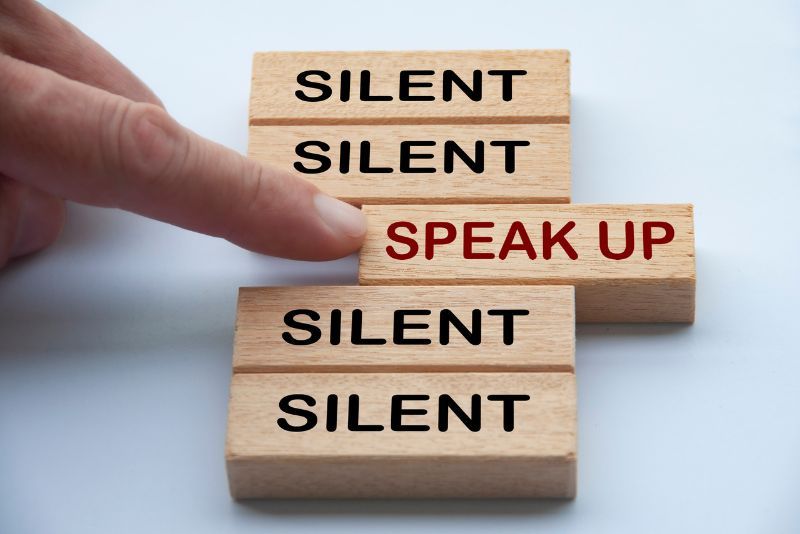Fostering a psychologically safe workplace culture is crucial
Today's rapidly evolving workplace landscape is depending more and more on organizations building a culture of psychological safety into their very core operations. The workplace is built on a variety of diverse people, cultures, personalities, ideas and challenges, so it goes without saying that creating a believably safe environment for employees to prosper is the linchpin for allowing them to unleash their full potential.
An environment where all individuals feel empowered to speak-up, raise concerns, and challenge the status quo without fear of any type of judgment, is an environment prepared to harness the collective intelligence and creativity of the workforce to drive innovation and solve problems.
Believing the workplace is a completely safe space has a profound impact on employees' well-being, workplace dynamics, and the very practice of whistleblowing. Prioritizing psychological safety in the workplace will help foster more inclusive, diverse, resilient, and robust workplaces where all individuals are safe to thrive.
How psychological safety helps employees blow the whistle
Psychological safety in the workplace plays a crucial role in encouraging employees to blow the whistle. It mitigates risks associated with speaking up and helps create a workplace environment that values integrity, accountability, and honesty.
- Safety for risk-taking: Employees that feel safe will have the confidence to take calculated risks in their job functions. The workplace is always promoting an environment where innovation is valued. But employees need to feel empowered to step outside their comfort zones and take those risks without the fear of repercussions. This type of safe atmosphere encourages creativity, experimentation, and the pursuit of excellence.
- Express opinions and thoughts: In a psychologically safe workplace, employees are not just heard - they are actively listened to. Open communication allows all teams to voice their opinions and express their thoughts without fear of being judged, or worse dismissed. An open and transparent environment encourages diverse perspectives, leading to more well-rounded and effective decision-making processes.
- Ability to say no: Saying no is always hard because we don't want to be seen as being impolite or not a team player. An essential part of feeling psychologically safe is the belief in the freedom to say no without any repercussion. For employees it means feeling secure in declining tasks or projects that may compromise their values or ethical standards. This empowerment promotes integrity and ethical behavior within the organization.
- Healthy push back: Another behaviour not easy for many. However, constructive dissent is a valuable asset in any organization. Employees should feel safe to engage in healthy push back, to challenge ideas or decisions without fearing negative judgement. Constructive dissent leads to robust and healthy discussions and well-informed choices.
- Report incidents without fear: Creating an environment where employees feel safe to speak-up and report incidents without fear is crucial for maintaining transparency and accountability. Fear of retaliation is one of the biggest drivers to employees remaining silent. When they trust that their concerns will be taken seriously and addressed without retaliation, they are more likely to speak-up about important information that can harm the organization if left unknown and unrecognized.
- Contribute ideas with confidence: Psychological safety empowers employees to contribute innovative ideas and feel confident while doing so. Freedom to share thoughts and ideas for the betterment of the workplace fosters a culture of continuous improvement. Every team member feels valued for their unique perspectives and contributions.
- No more negative consequences!: Absence of fear is the foundation of psychological safety. Fear prevents employees from speaking up, being creative, and sharing ideas. An environment free from negative consequences like punishment, humiliation, and retaliation is an environment where employees can thrive. This creates a workplace where individuals can focus on their work, while feeling confident that their well-being is prioritized.
Build a culture of trust and transparency
The most important thing you can do to create your believable speak-up culture is to ensure that leadership focuses on promoting the ability to speak-up freely without retaliation. And ensure that employees feel safe and confident when they do speak-up. Creating a speak-up culture is vital in uncovering ethical and safety related issues within your organization. By prioritizing psychological safety, organizations can create a workplace where employees are not only comfortable, but inspired to contribute their very best. Blowing the whistle becomes a powerful tool for building an ethical and accountable environment.


